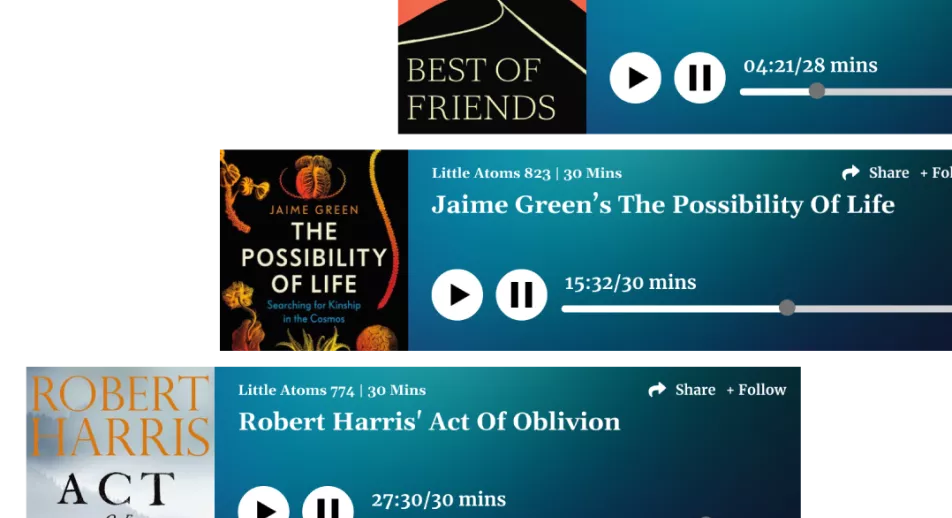Last night I dreamt of Jeremy Corbyn again

Last night I dreamt I saw Jeremy Corbyn again.
It seemed to me as he stood outside our local Morrisons, at a trestle table, with a petition about the NHS, and a Palestine flag as a tablecloth for no immediately apparent reason, that he was at peace. The familiar beige Harrington hung from his frame, atop chocolate Farah slacks. His biro tucked safely in his shirt pocket.
In my dream, Jeremy was back where he belonged, oblivious to the carnage he had sown, and oblivious to the frustration he had caused to the thousands who had hoped his politics represented something new.
I can’t claim to be one of those people, but I have voted for Jeremy Corbyn more than once in general elections. I’ve even knocked on doors for him on election night, getting the vote out in one of the safest Labour seats in the country.
At this stage, I’m not even sure it’s the ineptitude that is alienating people previously well inclined towards Corbyn. It’s how utterly blase he and his ever-decreasing team seem to be about what they are doing to the centre left in Britain. It’s falling apart, and Corbyn doesn’t seem to care.
The problem is, he never did. As the “change” candidate in 2015, and the defiant hero standing up to the plotters in 2016, he was really nothing more than an avatar. He was a “true Labour” candidate, in spite of his astonishing record of voting against his party (and not just his party under Blair). He was a man of peace, in spite of his visible excitement around people like Hamas, Hezbollah and the provisional IRA. He was apparently, people even decided, pro EU, in spite of being vocally, vehemently anti European Union. Pointing any of these things out led to accusations of “Blairism”, Red Toryism, and the rest.
In power, Corbyn has consistently given the impression of being genuinely surprised to find that people disagree with him. While lip service has been paid to party unity, dialogue and all those things, in reality there has always been an inner circle, and that circle is shrinking. When Corbyn was a backbencher, he was loyal only to himself and the defeated ideology of Bennism. He never really tried to engage with the rest of the Labour party as it sought a way back from the near self-immolation of the early 80s. In power, he has displayed the same indifference to the successes and failures of the Labour party. Last weekend, Corbyn sent a message of support to a march organised by the Socialist Workers Party, a march boycotted by people including Owen Jones who had been so vocal in defending the Labour leader in the past. He did not engage with their arguments, or take on board criticisms. Loyalty gets you nowhere with him.
It’s possible that this casual attitude to allies as well as enemies is linked to being MP for a constituency that has been solidly Labour for almost 80 years. The only fights Corbyn has ever had to fight are those within the Labour movement. General elections are barely fought in Islington North. I genuinely could not tell you who the Lib Dem or Conservative candidates there were in the last election.
So perhaps Corbyn cannot conceive of the annihilation that so many in Labour fear. Or the irrelevance that the remains of the party could face. For Corbyn, politics has always been conducted with those with whom you essentially agree, cheerily manning a stall, going on marches, or meeting in dusty trade union rooms to express solidarity with whatever pseudo-socialist dictatorship is fashionable this week. It is in truth what some anarchists would dismiss as lifestylism, a no-stakes posturing.
After a flurry of gossip about his position this week, and even after the resignation of Clive Lewis from the shadow cabinet, it looks likely Jeremy Corby will go on for another while at least. A victory in Stoke-on-Trent Central in two weeks could be claimed as a victory for Corbyn, but in truth it would more likely show the shallowness of UKIP’s organising ability.
In my Jeremy Corbyn dream (dreams in fact; I’ve had more than one), I start off angry and end up depressed. I want to confront him on the damage he’s wrought, and then realise it doesn’t matter. He doesn’t care. Increasingly, nor does anyone else.




